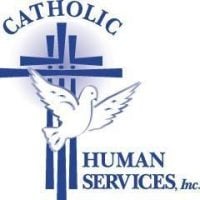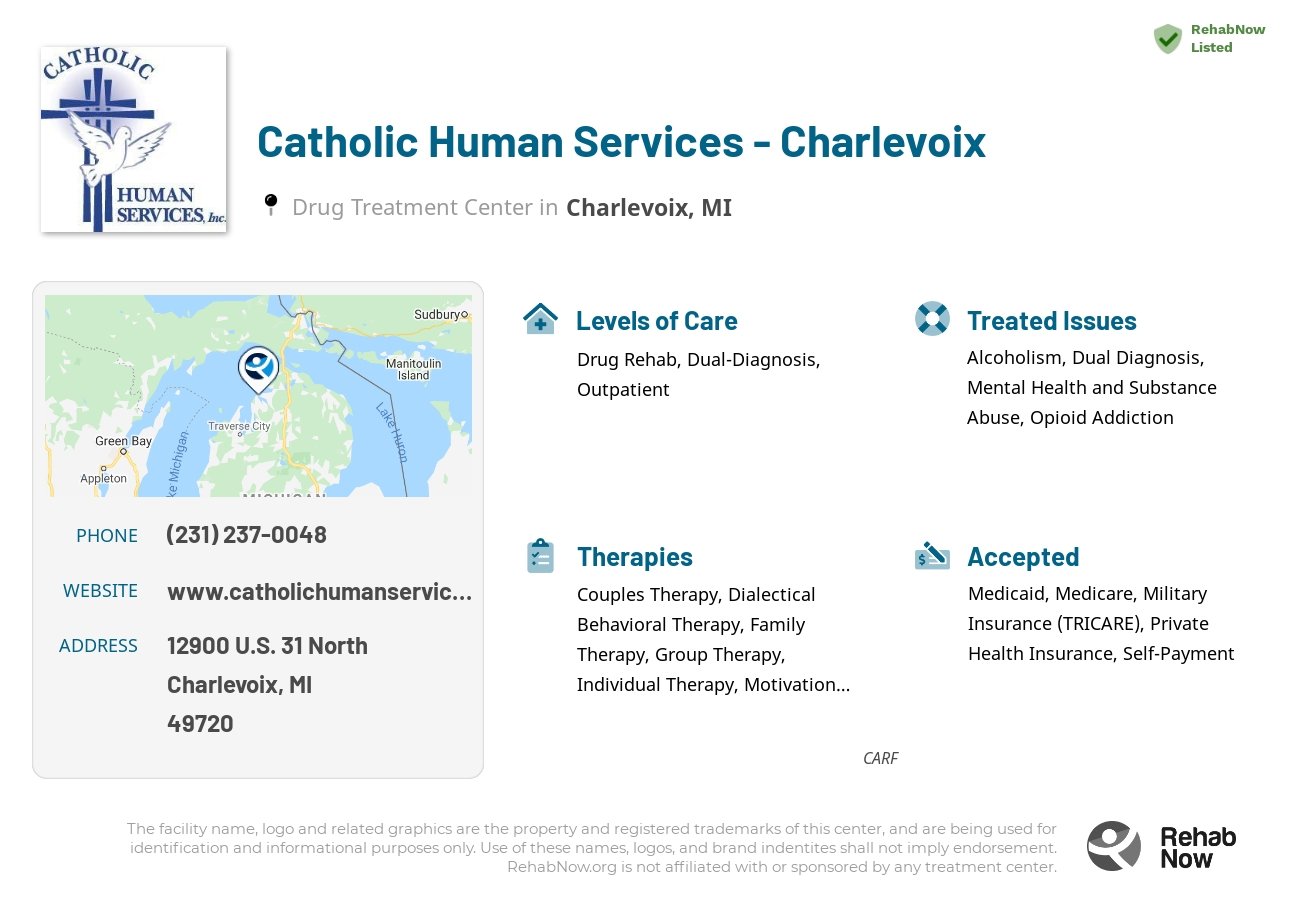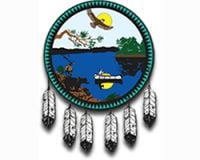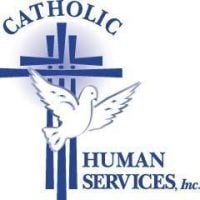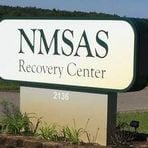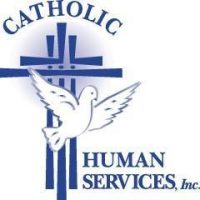Catholic Human Services - Charlevoix
Drug Rehab Center in Charlevoix, Michigan
Catholic Human Services - Charlevoix is a Michigan-based addiction treatment center offering personalized care and individualized treatment plans, with a focus on helping patients build skills to lead a healthier, more productive life.
Multiple patients have reported Catholic Human Services - Charlevoix as permanently closed.
Research other rehabs in Charlevoix, Michigan, or get help finding an open facility.
About This Michigan Facility
Catholic Human Services - Charlevoix is located in Charlevoix, Michigan and is dedicated to providing quality care and treatment for those struggling with addiction and substance abuse. They offer personalized and individualized treatment plans according to each client’s specific needs. Their focus is on helping clients build the skills they need to lead a healthier, more productive life while overcoming their addictions.
Catholic Human Services - Charlevoix provides a range of services to meet the needs of those struggling with addiction, including assessment and counseling services, group and individual therapy, community support, and peer mentoring. In addition, they provide services to address co-occurring mental health concerns and provide support for family members and their loved ones. They also offer aftercare programs to help clients adjust to life in recovery.
Catholic Human Services - Charlevoix is accredited by The Joint Commission, a nationally-recognized accrediting body. They are also licensed by the Michigan Department of Health and Human Services and adhere to the standards of the Substance Abuse and Mental Health Services Administration. They have been recognized for their quality services by being named as one of the top addiction treatment providers in Michigan by the US News and World Report.
Genders
Ages
Modality
Additional
Accreditations

CARF
The Commission on Accreditation of Rehabilitation Facilities (CARF) is a non-profit organization that specifically accredits rehab organizations. Founded in 1966, CARF's, mission is to help service providers like rehab facilities maintain high standards of care.
Conditions and Issues Treated
Opioid addiction is the result of repeated use, or abuse, of opioid drugs. It is recommended for people who are dependent on opioids, or who have a high risk for dangerous health concerns, to seek professional treatment. Treatment plans usually include behavioral therapy and medication-assisted treatment.
Opioid drugs include: fentanyl, heroin, methadone, oxycodone, and oxymorphone.
Opioid addiction treatment is beneficial for:
- People who have a history of severe withdrawal.
- People with a high risk for dangerous health concerns.
- People having difficulty overcoming opioid addiction on their own.
There are different kinds of Dual Diagnosis:. A person who simultaneously experiences both a mental illness and an addiction disorder. Or, a person who experiences one or more coexisting (simultaneous) mental health conditions in addition to a primary substance use disorder.
The treatment requires a multi-disciplinary approach, it’s crucial for individuals to partner up with a healthcare provider who understands all the recovery components.
Levels of Care Offered at Catholic Human Services - Charlevoix
This center offers a variety of custom treatment tailored to individual recovery. Currently available are Drug Rehab, Dual-Diagnosis, Outpatient, with additional therapies available as listed below.
The outpatient programs in Charlevoix, MI are for those addicted drugs or alcohol. The goal of the outpatient rehabilitation program is to make them stop abusing drugs or alcohol, reduce drug use or addictive behaviors, and become entirely sober. It is generally required to attend the outpatient program for 10-12 hours every week.
Patients can be administered on-the-spot medication to ease withdrawal symptoms such as anxiety, increased heart rate, and even depression. Groups such as Alcoholics Anonymous (AA) and Narcotics Anonymous (NA) can be used as a part of outpatient treatment to help maintain sobriety.
Therapies & Programs
People in addiction recovery can benefit from individual therapy. This type of therapy involves meeting with a therapist one-on-one. This allows for a personal and trusting relationship to be built so that the patient can be truly themselves and express any emotions they feel. Individual therapy leads to greater understanding and peace about your triggers for addiction and coping strategies to prevent relapse.
Couples therapy for drug addiction is based on the belief that addiction is a family disease. Everyone involved with an addict, not just the addict themselves, is affected by their behavior and the changes the addict goes through. The relationship also changes the addict’s significant other and has likely picked up some codependent behaviors. Codependency is a term used to describe a person obsessed with another person and their needs and feelings while neglecting their own. Addicts are usually people-pleasers, so it is understandable how one can become codependent in relationships with addicts.
Family therapy is a type of group problem-solving that aims to improve communication and relationships between the patient, their family, and sometimes friends. The main goal of family therapy for drug addiction is to create an environment where communication can occur without judgment, hostility, or blame. The therapist is with the family as they learn to communicate with each other differently, especially with the addict when s/he is using.
Group therapy sessions are held in rehab facilities, clinics, churches or community centers that offer drug addiction treatment. People who attend these groups are encouraged to voice their feelings and support other addicts in recovery. This helps group members strengthen their own recovery program while cheering on others who are struggling with sobriety.
Group therapy sessions provide recovering addicts with a chance to cope with everyday situations that many face. Group therapy sessions are held in rehab facilities, clinics, churches or community centers that offer drug addiction treatment.
People who attend these groups are encouraged to voice their feelings and support other addicts in recovery. This helps group members strengthen their own recovery program while cheering on others who are struggling with sobriety.
If you’re looking for addiction treatment, it’s important to find a facility that offers trauma therapy. This type of therapy helps people process and understand the past traumas that have led to their addiction. Trauma therapists will work with clients to help them understand their past and present relationships and show them that they are worthy of love. This therapy is typically done using visualization, discussion, and writing down thoughts and feelings.
Trauma Therapy is a form of therapy that involves working with a patient to help them process and understand the past trauma(s) in their life. This therapy is typically done using techniques such as visualization, discussion, and writing down thoughts and feelings. The main goals of trauma therapy is to help clients express their emotions and talk about what they are feeling.
Dialectical Behavior Therapy (DBT) is a form of cognitive-behavioral therapy that helps people understand how they connect their thoughts, behaviors, and feelings. It can give them more control over their actions, effectively stopping self-harm ideations and attempts in some patients. It also helps put those with borderline personality disorder into control for managing mental struggles.
A new study has shown that DBT works for those with self-harm behaviors and addictions by giving them therapy they can relate to and understand.
Cognitive Behavioral Therapy (CBT) helps addicts identify faulty, negative thinking so that they can work together with the therapist to find healthier ways of thinking. CBT focuses on specific aspects of each person’s thinking, feeling, physiology, and behavior. It aims to identify specific problems in these areas, and create a personalized treatment strategy.
Payment Options Accepted
For specific insurance or payment methods please contact us.
Is your insurance accepted?
Ask an expert, call (888) 674-0062
Catholic Human Services Associated Centers
Discover treatment facilities under the same provider.
- Catholic Human Services - Traverse City in Traverse City, MI
- Catholic Human Services - Alpena in Alpena, MI
- Catholic Human Services - Gaylord in Gaylord, MI
- Catholic Human Services - Cadillac in Cadillac, MI
- Catholic Human Services - Manistee in Manistee, MI
Learn More About Catholic Human Services Centers
Additional Details
Specifics, location, and helpful extra information.
Charlevoix, Michigan 49720 Phone Number(231) 237-0048 Meta DetailsUpdated November 25, 2023
Staff Verified
Patient Reviews
There are no reviews yet. Be the first one to write one.
Charlevoix, Michigan Addiction Information
Michigan has the second-highest rate of drug and alcohol abuse in the nation. Heroin is linked to more than 50% of the state's hepatitis C cases. Marijuana is the drug most often associated with crimes in Michigan, followed by methamphetamines. Opioids alone are responsible for almost 20% of all drug overdose deaths in Michigan.
The drug addiction problem in Charlevoix, Michigan, is significant. Unfortunately, Charlevoix, Michigan, is not immune to this epidemic. The Centers for Disease Control and Prevention reports that between 2013 and 2015, there were a total of 848 drug overdose deaths in the area. This is an average of 283 deaths per year or approximately 2.4 deaths per 100,000 people. There are several 12-step programs available in Charlevoix to help you get sober.
Treatment in Nearby Cities
- Coldwater, MI (234.6 mi.)
- Romulus, MI (233.5 mi.)
- Ontonagon, MI (223.0 mi.)
- West Branch, MI (87.5 mi.)
- Three Oaks, MI (253.7 mi.)
Centers near Catholic Human Services - Charlevoix
The facility name, logo and brand are the property and registered trademarks of Catholic Human Services - Charlevoix, and are being used for identification and informational purposes only. Use of these names, logos and brands shall not imply endorsement. RehabNow.org is not affiliated with or sponsored by Catholic Human Services - Charlevoix.
